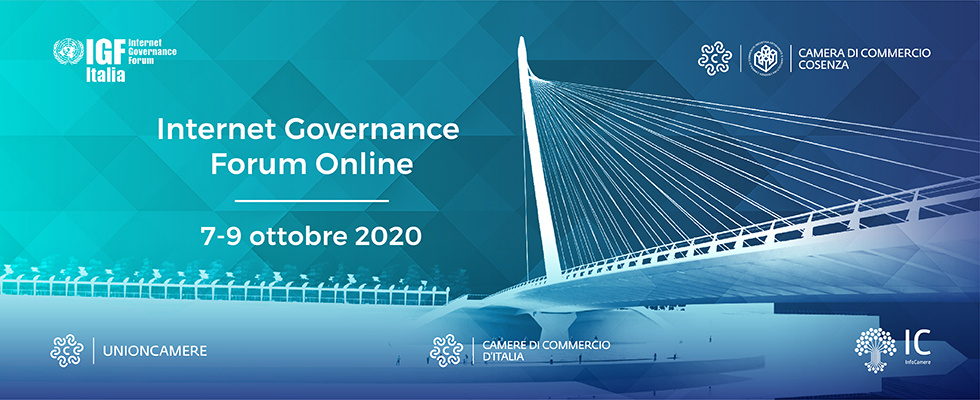La “Carta dei Diritti di Internet” e il report “The Age of Interdependence”: Principi e sfide
7 Oct 2020 15:00h - 16:30h
Event report
This session addressed the state of human rights protection online by comparing the Italian ‘Declaration of Internet rights’ published in 2014 and the ‘Age of Interdependence’ report by the United Nations High-Level Panel on Digital Cooperation published in 2019. Both initiatives center on the priorities and recommendations for human rights protection from the offline into the online world. Mr Giacomo Mazzone (member of the Advisory Board of the European Digital Media Observatory) noted that even with being published five years apart, the documents echo similar principles and could complement each other.
It was noted by the participants that the current global health crisis revealed the crucial role of the Internet in our lives. ‘The Internet is an essential global resource, for transportation, education, or work, and without it, the lockdowns would have been impossible’, Mr Mattia Fantinati (Member of Italian parliament) said. The Italian government, therefore, has for years been contributing to the global Internet governance dialogue and the Italian Declaration is an expression of the commitment towards a human-centered Internet.
The Italian Declaration consists of 14 rights, spanning from the right to access, the right to be forgotten, personal and systems protection, among others. Mazzone noted that the Declaration is in need of an update, but that it also reveals the specific areas where national and global levels interact. For example, article 4 of the Declaration refers to personal data protection and it can best be addressed nationally. The global UN Secretary General’s Roadmap and the ‘Age of Interdependence’ report are not very precise on this issue because the concept of personal data differs globally. On the other hand, article 12 of the Declaration on network security is in need of reinforcement as the UN can be a force globally in ensuring secure networks.
The local, national and international levels need to work together in ensuring a holistic approach to human rights protection online. Dr Jovan Kurbalija (DiploFoundation, Geneva Internet Platform) explained that the UN High Level Panel on Digital Cooperation started with the following question: whom do we call when we face digital policy issues? The underlying problem is that the existing legal and policy systems can not ensure citizens’ right to justice that otherwise exists in real life. Kurbalija also noted a paradox – more than 1000 mechanisms exist on digital co-operation and human rights protection. The main problem is that it is not easy to find an entry point into the digital space. To mitigate this, the ‘Age of Interdependence’ proposes the Internet Governance Plus model as a first place of contact for citizens trying to address their digital problems. The necessary interaction between the national and the international levels among a myriad of stakeholders revealed that the world is highly digitally interdependent.
Participants agreed that this interdependence is clear especially during the global crisis and that we have to be aware of the difference between general statements on one hand, and the reality (access, censorship, protection of data and vulnerable communities online) on the other. Mr Jason Munyan (Programme officer, Under-Secretary-General, UN) added that the reality of many people today is the lack of a stable, secure and meaningful Internet access. ‘Access is a fundamental human right, Munyan said. He added that the resources are there, coming from the industry, the governments and the citizens’ willingness to participate, but that the global community has to cooperate to ensure access for all. Fantinati added that the Italian government has incorporated access as a priority into the national digital strategy.
The session ended with a few comments. National calls for digital sovereignty will trigger a closer discussion on digital interdependence as the global Internet affects us all. The main question remains on how to correlate the local, national and international efforts in ensuring meaningful access, protecting human rights online, and whether a new digital social contract is needed to create a ‘digital home’ for all.
Related topics
Related event

